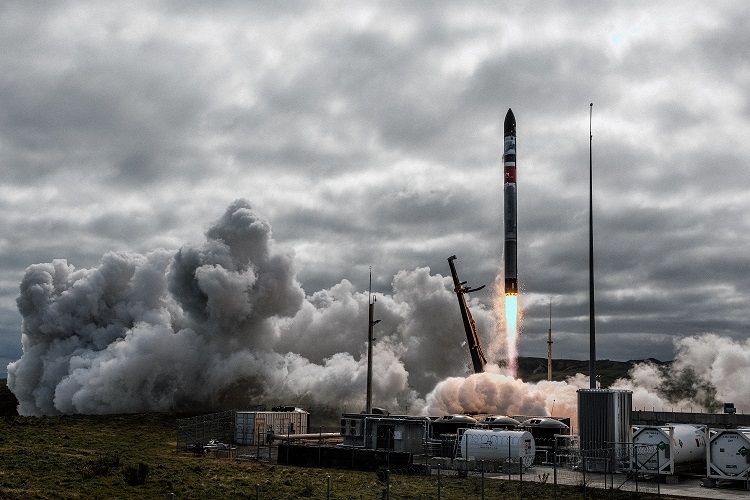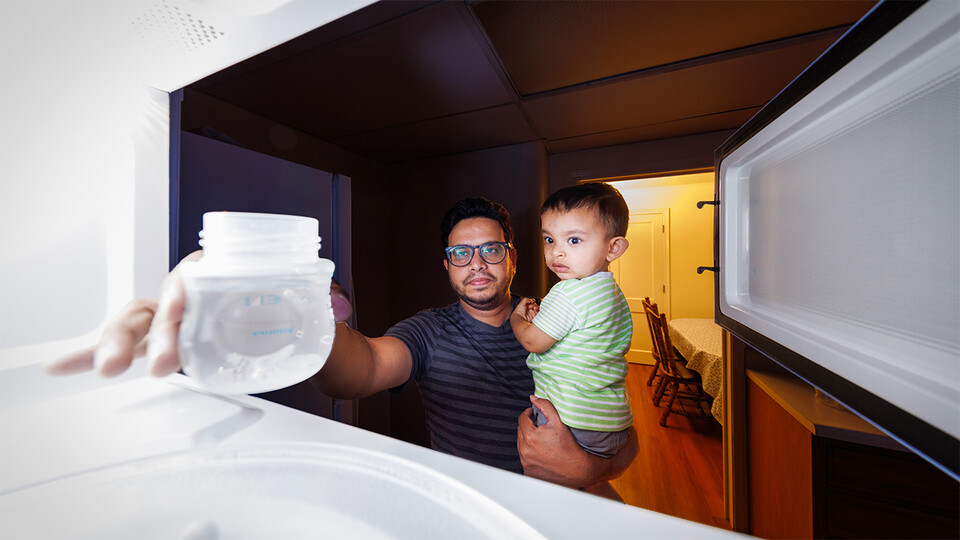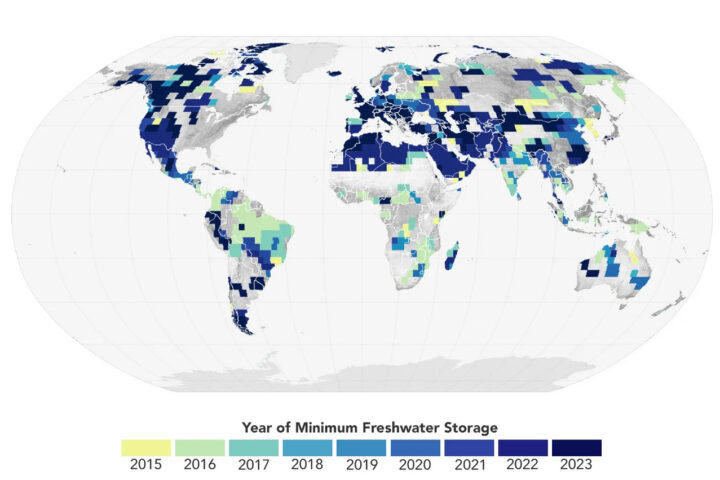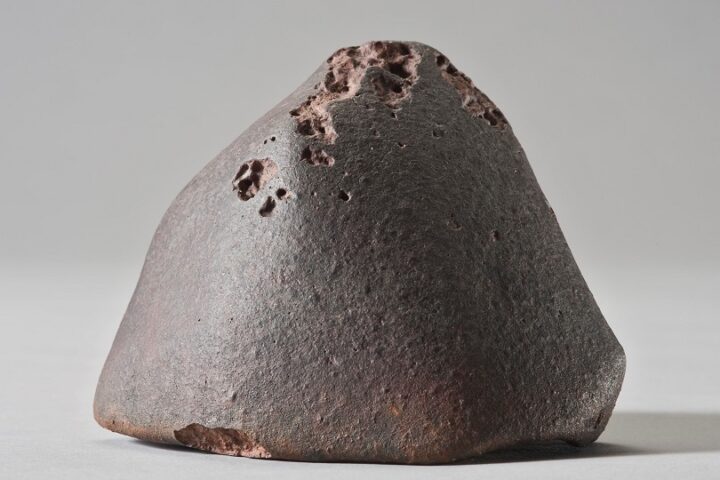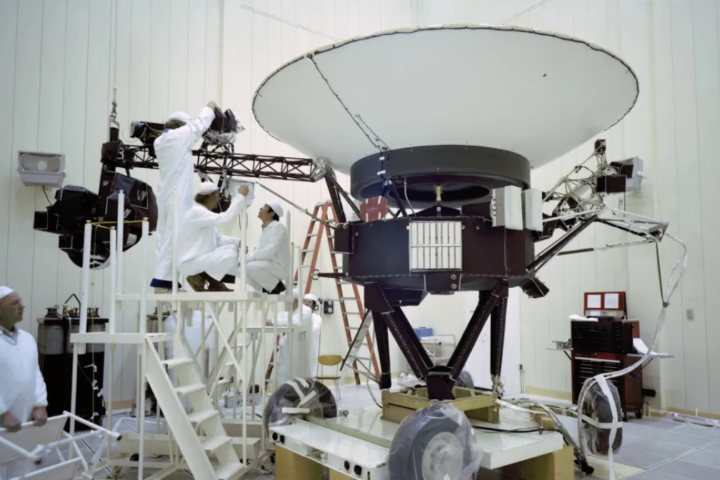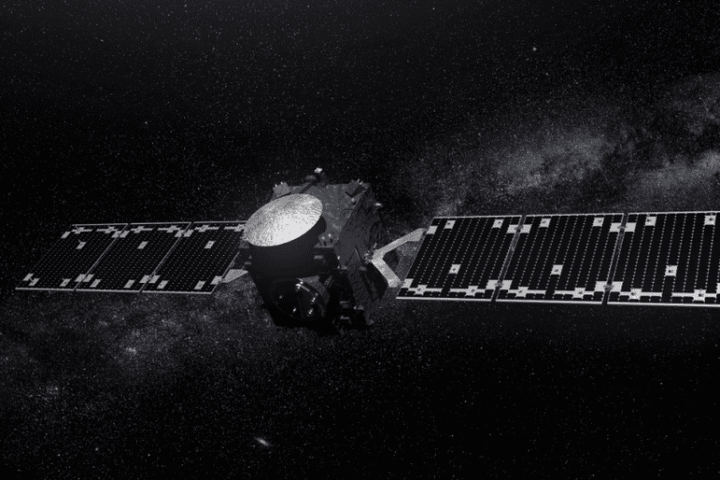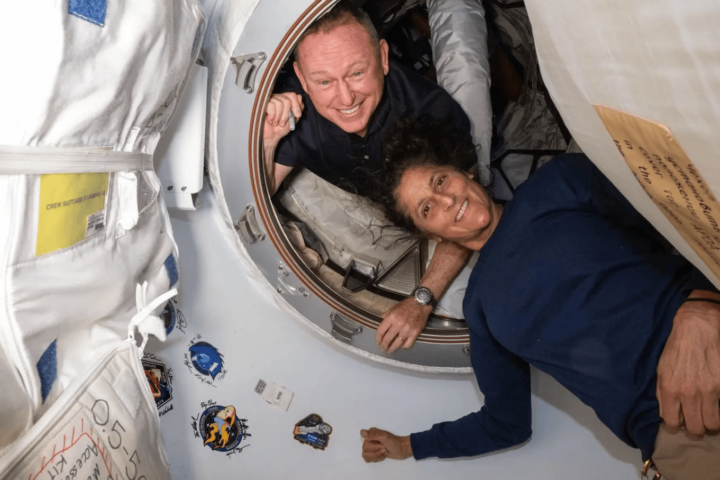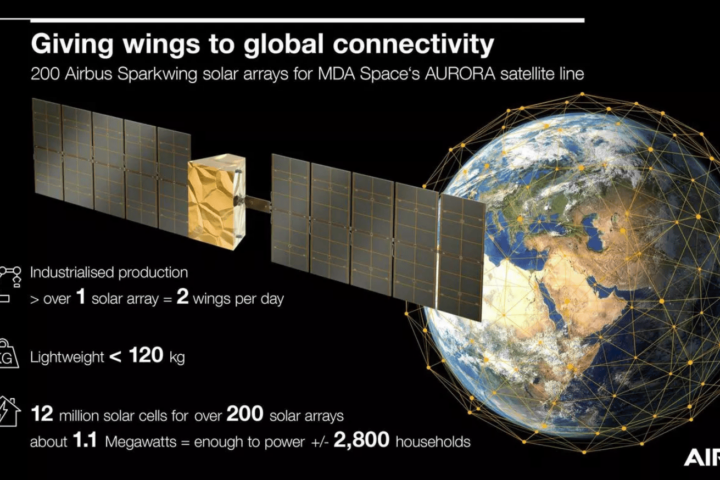Rocket Lab, a SpaceX competitor, is making strides in the rocket reusability arena. With its recent launch of an Electron rocket featuring one previously used Rutherford engine, Rocket Lab tweeted on August 23, 2023, “A successful first for us as our reused Rutherford engine worked flawlessly to get Electron to space.” SpaceX has set a remarkable record with 259 successful rocket launches, 221 landings, and 193 reflights, leading the space industry in reusability. Elon Musk’s space venture has made the reuse of “flight-proven rockets” a standard procedure. Following the successful launch, the Electron’s first stage made a planned parachute descent into the ocean, signaling Rocket Lab’s intent for further use.
Future Plans:
CEO Peter Beck announced plans to launch an Electron powered entirely by nine reused engines, hinting at the potential for a fully reusable first-stage rocket. Beck shared on social media, “This reusable thing seems to work… Going to fly 9 reused engines on an upcoming mission.”
Industry Recognition:
Rocket Lab’s achievement places it alongside SpaceX and NASA in the elite group that has successfully reused rocket engines. The potential cost savings from engine reuse could significantly impact Rocket Lab’s pricing strategy and profitability.
Financial Implications:
Payload Space, a space reporter, highlighted that rocket engines account for half the cost of a rocket booster. Initial savings might be modest, as SpaceX’s early refurbishment costs for the Falcon 9 rocket were around $13 million per unit. Ark Invest, led by Cathy Wood, has estimated that SpaceX’s current refurbishment cost for each Falcon 9 is about $1 million. It’s essential to note that the Falcon 9 and its Merlin engines are considerably larger than Rocket Lab’s Electron and Rutherford engines. Rocket Lab’s engines, unlike the Falcon 9 which lands “dry”, are exposed to salt water, potentially increasing refurbishment challenges. While Rocket Lab is poised to realize cost savings from reusability, investors should temper expectations regarding its immediate impact on the company’s finances. S&P Global Market Intelligence analysts predict Rocket Lab’s first profit by 2025, with the Neutron rocket playing a pivotal role.
Similar Posts
Recent Missions:
The Electron rocket’s recent mission, named “We Love the Nightlife”, successfully deployed a Capella Space radar imaging satellite. Rocket Lab’s commitment to reusability was evident when they replaced a booster with a new one designed for recovery after a launch delay. One of the Rutherford engines on the recent Electron launch had previously flown in May 2022 and underwent rigorous testing to ensure its reliability. Beck confirmed post-launch, “The data is in, perfect performance from the reused engine and the stage.” Beck hinted at the company’s readiness to reuse an entire booster during an earnings call on August 8. The recent launch marked Rocket Lab’s 40th Electron mission and the debut of Capella’s Acadia line of imaging satellites. Rocket Lab has eight Electron missions under its belt for 2023 and aims for 15 launches by year-end. Beck expressed his excitement during the launch webcast, “I can’t believe we’re at flight 40… I can’t wait for 80 and beyond.”
“Congratulations also to our team on delivering 40 Electron launches, completing another booster recovery, and proving Rutherford engines can be flown multiple times. One mission is an enormous achievement in this industry, but 40 is a rare achievement and testament to the relentless drive, innovation and dedication of the Rocket Lab team.”
Peter Beck ,Rocket Lab founder and CEO
Industry Trends:
Rocket Lab’s achievement with the Rutherford engine marks a significant step in the broader industry trend towards rocket reusability. Only NASA’s space shuttle and SpaceX’s Falcon 9 have previously demonstrated the capability of re-flying an engine. Rocket Lab’s unique approach to reusability involves parachuting the Electron first stage into the ocean for recovery. Beck revealed that Rocket Lab’s larger Neutron rocket, designed to compete with SpaceX’s Falcon 9, would have multiple landing capabilities. Beck shared, “In a utopian state, you would always return to the launch site”, emphasizing the challenges of barge landings. The space industry’s shift towards reusability, once seen as improbable, now appears to be the future. Nearly every commercial rocket development program today incorporates some form of reusability. Blue Origin’s New Glenn rocket and its Jarvis upper stage are examples of the industry’s move towards full vehicle reusability.
Rocket Lab’s recent success underscores that reusability in the space industry is not just a trend but a reality. Industry experts observed that the industry’s adoption of reusable rockets is accelerating. SpaceX’s pioneering efforts in 2015 have paved the way for other companies to explore reusability. Rocket Lab’s Electron has proven its reliability over the years, setting it apart from competitors like Astra and Virgin Orbit. The company’s focus on data collection and innovative recovery methods showcases its commitment to sustainable space exploration. Rocket Lab’s journey from its Electron debut in 2017 to its current achievements highlights the rapid advancements in space technology. As the space race heats up, Rocket Lab’s milestones serve as a testament to the industry’s evolving dynamics and the potential of reusability.
